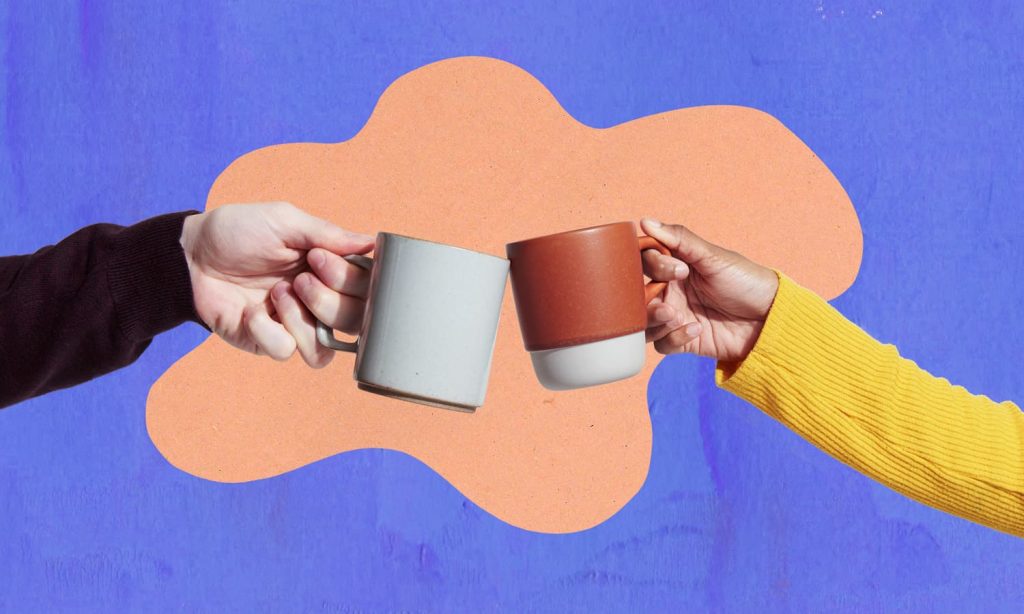The Latch has partnered with Suncorp Bank to deliver sustainability content that helps our readers drive positive action in their everyday lives.
The moral dilemma of buying new sustainable products is very real. Though we’re constantly bombarded with greenwashed ads that promote the latest “sustainable” product, it’s becoming more difficult to tell whether something new is actually useful or if it’s just adding to the number of items you already own (and don’t use).
But because we’re all human, we’ve also all been guilty of picking up a replacement for something we own before we really need it. Sadly, getting caught in the cycle of buying new “eco-friendly” products is still feeding into consumerism in an unsustainable way.
Ahead, we’ve highlighted four items touted to be sustainable that are not always as useful as they appear to be. We’re not saying you shouldn’t invest in any of these if you determine that they actually would fit into your life nicely, but adding that extra layer of mindfulness to your purchases can make all the difference.
Wooden or Bamboo Straws
Reusable wood and bamboo straws became the sustainability hero when we collectively realised that is was wasteful for 500 million disposable straws to be thrown away daily. However, the value of buying reusable straws really depends on how avid of a straw user you are to begin with. Could you drink your beverages right from the cup? How often do you use a straw to drink, anyway? If you’re not a frequent straw user or someone who requires them due to mobility limitations, it’s probably more sustainable to just ditch straws altogether.
Wooden cutlery
Similar to the logic behind reusable straws, wooden cutlery is beneficial for its light weight and ability to be easily cleaned and stashed in your handbag for use when out and about. It’s a great option for when you are ordering takeaway and want to opt-out of using single-use utensils.
However, the truth is, there’s no real difference between buying a dedicated out-and-about cutlery set or grabbing some cutlery from your home before heading out the door. Chances are, you have more than enough cutlery at home, so taking one pair from there for your ‘outdoor use’ will be as beneficial as carrying around a wooden cutlery set.
Steel Food Containers
Buying sustainable food containers isn’t a novel concept, and ensuring you have some on hand to transport lunches to work or pack away dinner leftovers to eat tomorrow, is simple logic.
However, in recent years, steel containers have steadily risen in popularity and are available to shop in almost every health food store around Australia. There are a few reasons they’re popular, like the fact that steel doesn’t easily rust or oxidise (meaning you’ll use the same containers for years to come) and isn’t porous, and thus, won’t interfere with the quality of your food.
But they also have their downsides, since they are not easy to microwave when your food arrives on the other side. They’re not bad options, but like the above items, replacing every container in your cupboard for a new set of steel containers is still wasteful. Using what you own is always going to be more sustainable, and then when you do need an upgrade, consider whether steel or an easily-microwavable material like glass suits your lifestyle better.
New Organic Clothing
Shopping for new, organic, sustainable clothes is often very tempting when trying to revamp your closet to be more eco-friendly. While there is absolutely nothing wrong with supporting ethically sourced and sustainably made pieces (in fact, we recommend it!), it is good to check what you already have in your wardrobe and whether you need to add any new items at all.
Related: What to Look Out for When Shopping Sustainable Fashion
A good guide to buying new clothes is to analyse if they would slot well into your existing wardrobe options. A new buy should not upend your current collection, but guide you towards reusing your current clothes in a timeless new outfit.
In the long run, all your sustainable buys should help you to become less wasteful and more thoughtful about your consumption process, not encourage mindless consumerism.
Read more stories from The Latch and subscribe to our email newsletter.







